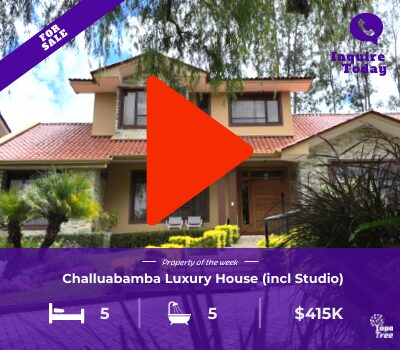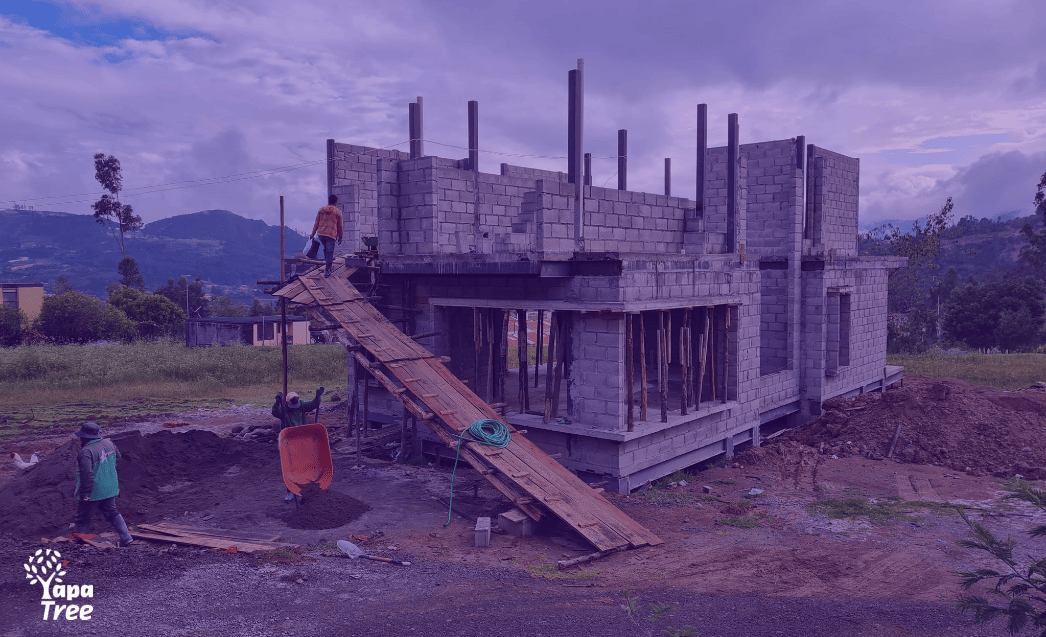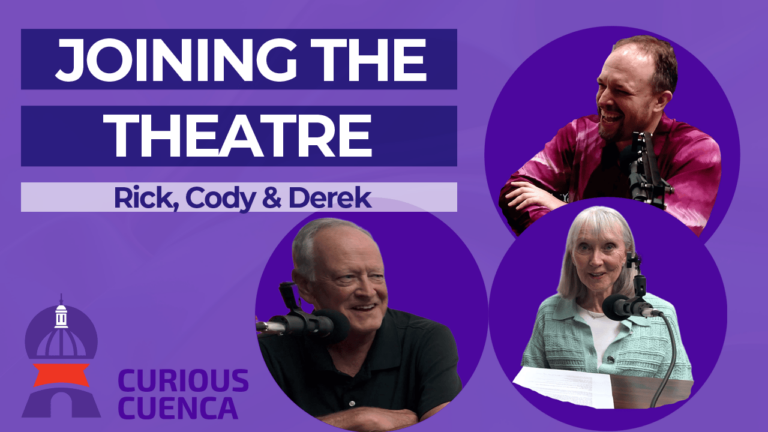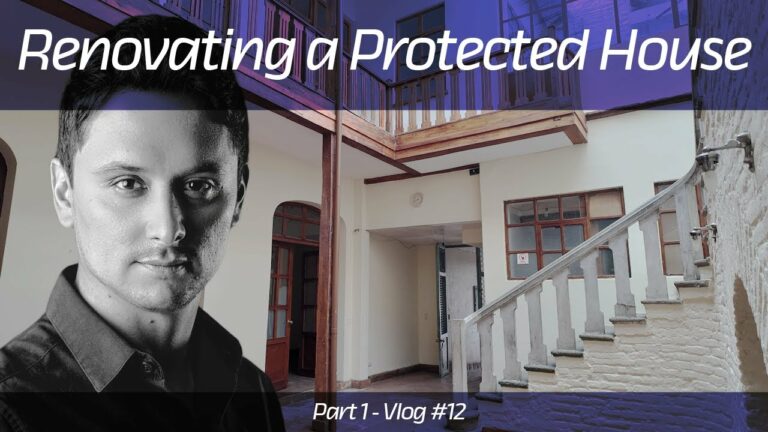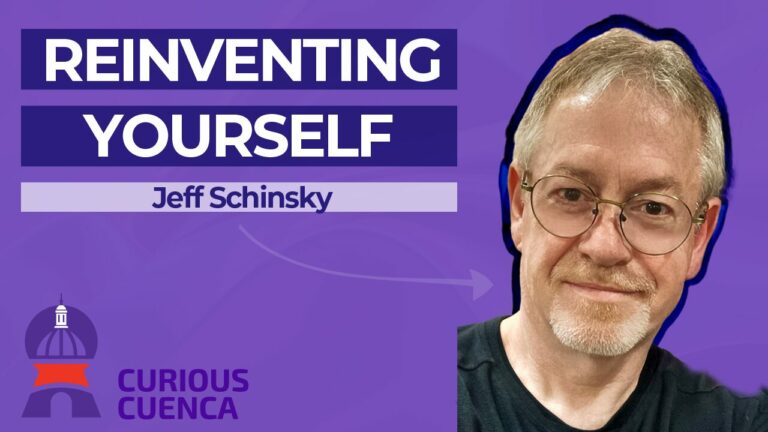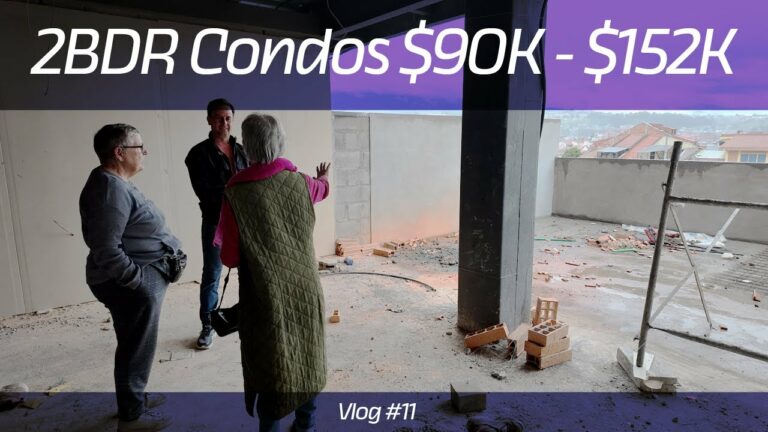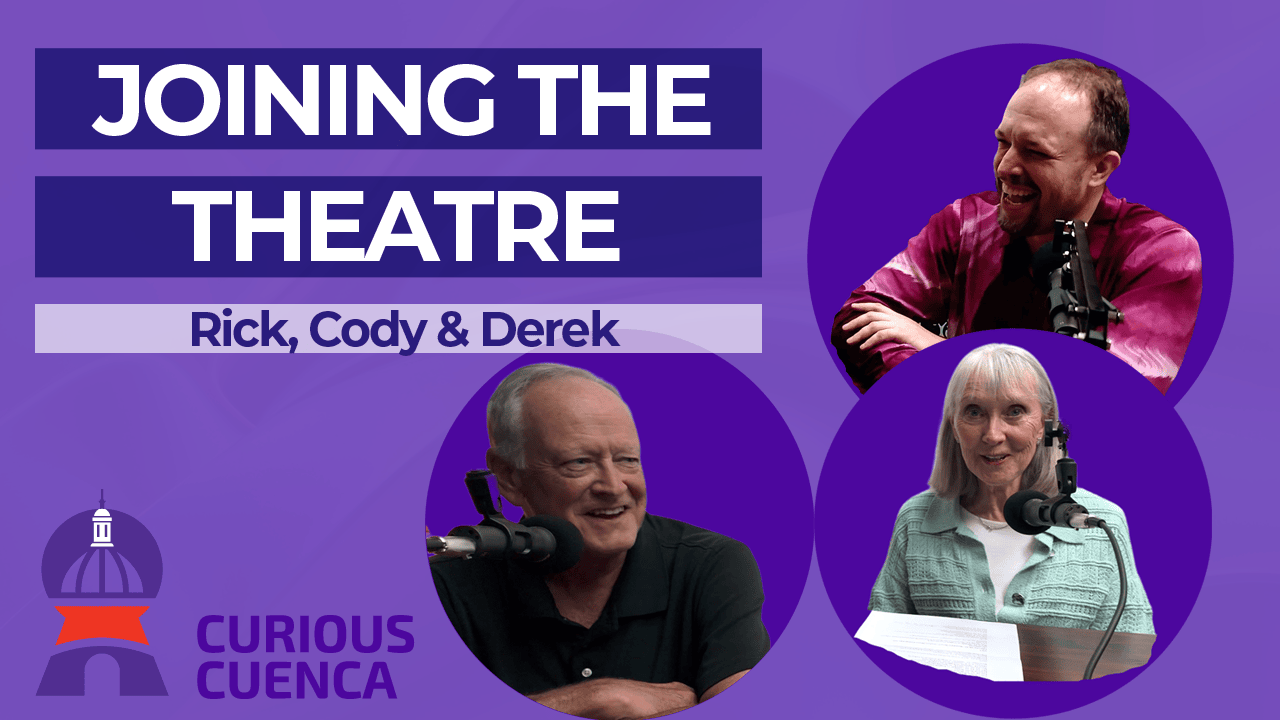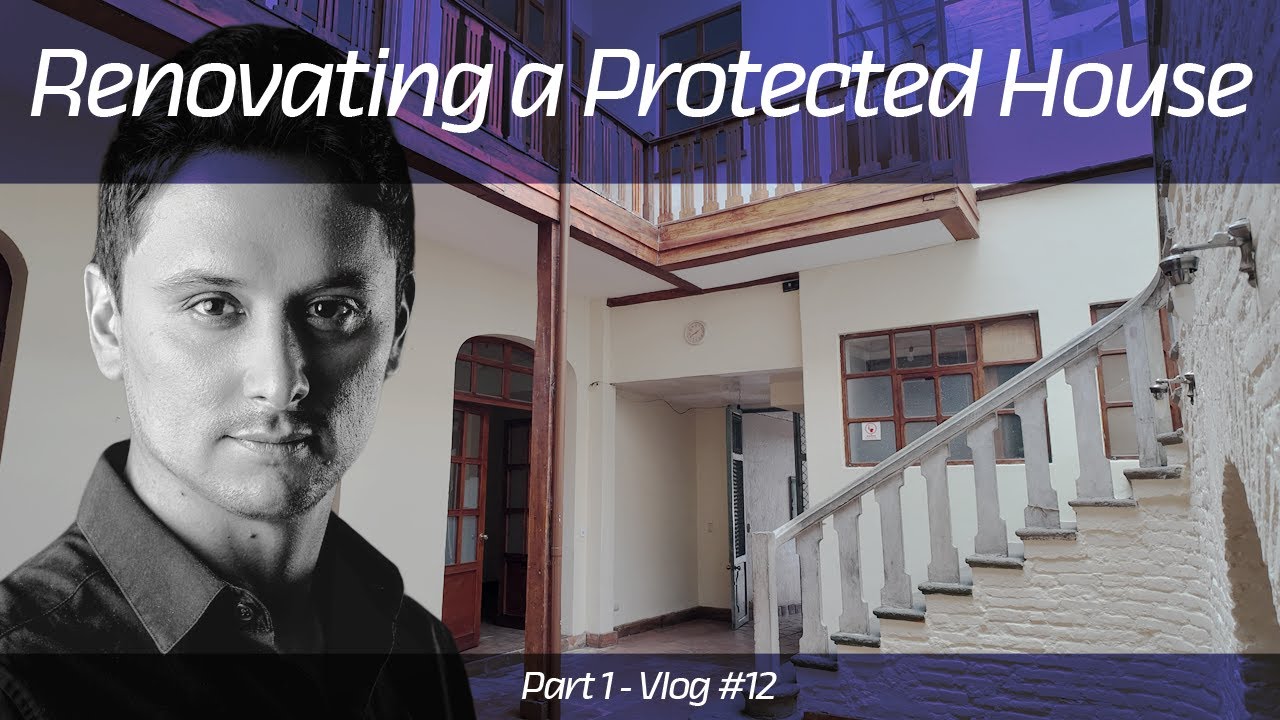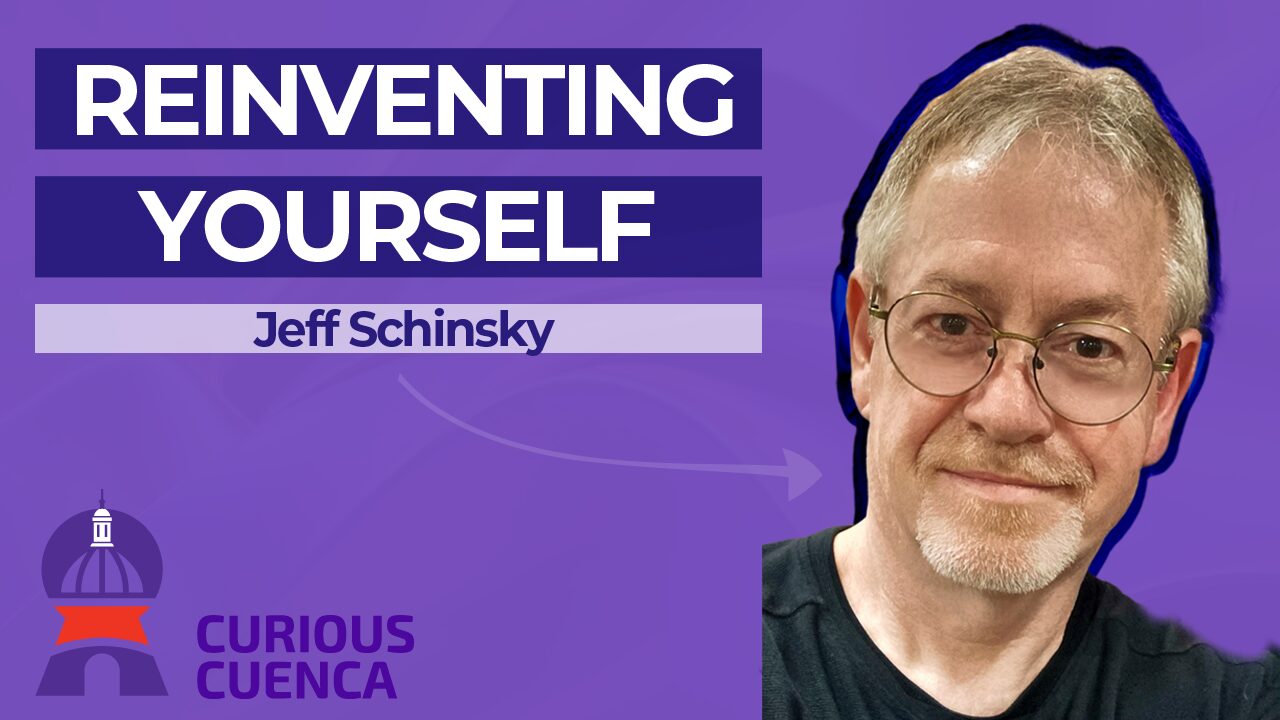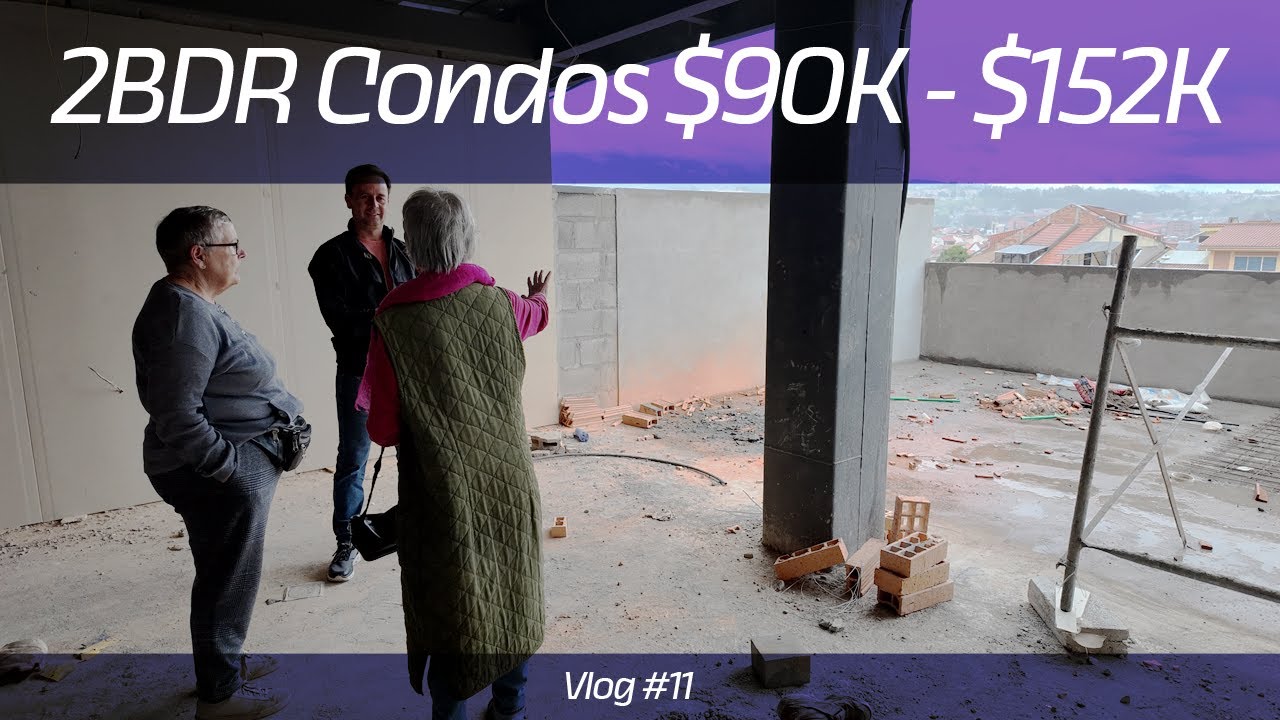At the core of my graduate thesis, I explored an idea already exposed by Carl Jung: the universe is not actually organized by cause and effect; it´s actually organized by meaning. This principle is so important for our human existence it deserves a much closer look. In this article, I briefly explore meaning-making as a fundamental process in our lives, and its relation to health and wellbeing. The fact is that no other aspect of health can be truly addressed without putting it through our constant interpretation of what is happening, why it´s happening, and its subjective (positive or negative) value to us.
In fact, the wise ones among us have always pointed out the power of our faith. Whether we know it or not, meaning, faith and belief are everything to us. Contrary to the Newtonian philosophy that attempts to demonstrate that the nature of reality is mechanistic and predicable, many brilliant thinkers have explored the malleable, relative, and co-creative nature of existence. The most advanced of all teachers, including Jesus and Buddha, highlighted meaning-making as the central pivot of our lives.
Like Carl Jung, Alfred Adler thoroughly studied the creation of personal meaning that each one of us is constantly engaged in (particularly in early childhood, when the foundational beliefs of our lives are built). His work clearly explains that meaning is not determined by a situation, but by the meaning we attribute to the situation. This means that we are always self-determined through the interpretations of life that we make. By internalizing the meaning we give to circumstances we create our internal/external environments. That is why Adler also looked to uncover the unconscious function (i.e., significance) of physical symptoms through the therapeutic exploration of meaning and insight.
Victor Frankl, who wrote about his experiences in a concentration camp during the Second World War and authored the famous book ¨Man´s Search for Meaning¨ came to the conclusion that the most pressing human need is to make meaning of one´s life. He observed that those who resolved their main existential dilemmas (mortality and freedom) by channeling their energies in a meaningful way (i.e., leading existences that were helpful to others, and/or self-actualizing) tended to have more satisfactory (and longer) lives.
It turns out that the sages always knew what quantum physics demonstrates to us now. What some call the New Science shows us that, at the very least, we influence our surroundings more than we ever thought before. More likely, however, this statement is a gross underestimation of the much bigger creative process we are engaged in. In my work as a holistic counselor and psychotherapist, I too have come to see that meaning-making is indeed the central task of our lives. In fact, what we make of our experiences is reflected in ourselves at all levels: spirit, mind, body… and more.
Anthropologically speaking, our species comes from millennia of experiencing shamanistic cultures and therapies, all around the world. These practices honour meaning-making for what it is: central to our realities. Thus, they utilize strong tools of symbolism to heal the whole spectrum of our being. Although we temporarily deviated from the wisdom of our ancestors in the health and healing fields, we seem to be coming full circle. Increasingly, we appear to be coming home. Although current healing cultures have different looking ¨rituals, offerings and priests¨ than those we had long ago, we are beginning to understand once again that the meaning in our lives is the meaning we give to our lives. We are finally re-discovering that the process of deep healing is the process of re-arranging meaning within ourselves.
Nowadays, the holistic health field in general and psycho-spiritual areas of psychology in particular are paying close attention to how the above translates into balance and wellbeing (or the lack of). For decades now, studies in psychoneuroimmunology and health psychology show statistically significant correlations between certain kinds of diseases and sustained psychological states. The discipline known as German New Medicine focuses on the correlations between physical illness and traumas in the patient´s past. In its subfield of homotoxicology, homeopathy acknowledges the progression towards illness and towards health in relation to the deepest system of our being: the psyche and its content (i.e., meaning). In this sense, a conflict can be seen as a toxin within the system that needs to be detoxified as well.
Furthermore, there are now several schools exploring what is known as biodescodification. By cracking the codes of symptoms and disease we can get to the (almost always) psychological root of the biological problem. In other words, there are now health professionals around the world studying the famous somatization phenomena (i.e., expression of psychological pathologies through physical signs and symptoms) at a whole new level.
Interestingly, the leading experts and schools in biodescodification are largely located in the Latin world (of Europe and the Americas), particularly in Spain, Argentina, Colombia, France, and French Canada. This field, which has earned my full personal and professional attention, aims to understand the language that the body uses to reflect meaning existing within our psyche. Based on my own observations and reflections, I believe that these deep acts of expression attempt to resolve the psychological issue by calling attention to it (to be taken care of). Additionally, the same acts of communication from the psyche through the body attempt to liberate the energy trapped in a conflict within (with externalizing serving the purpose of ¨venting¨ the energy to some extent).
All of the above support a very strong and logical theory: our physical selves are an extension of our subconscious mind that strives to communicate its interpretation of reality. In other words, the psyche´s main purpose is to make and express meaning. It will do so in as many ways as it can, in an attempt to live as congruently as possible (i.e., without contradiction).
We could go as far as saying that unexplored beliefs are at the core of most of the maladies we are plagued with. When those affected look deeply into the mirror of their souls (psyche being much more than the superficial, brain-based concept of the mind), they often find arbitrary, mistaken, or simply unsupportive nature of the beliefs that keep them stuck in painful perspectives.
This is why engaging in the process of self-examination (with or without the assistance of a psychospiritual guide — depending on the depth of the exploration needed or desired) is one of the most rewarding (and sometimes vital) practices we can engage in for our health and wellbeing. Fortunately, tools for the job abound. They come in all shapes and sizes, to mix and match with different personality and cultural types. Among the verbal and non-verbal, literal and symbolic, conscious and subconscious, experiential and theoretical, most people find a few tools to help shine light on their beliefs.
When this happens to my clients, I get to see transformations. Some are truly deep and radical. All are beautiful to watch. A few are amazing, like miracles. One thing is constant and certain: when a negative perspective changes to a more life-giving one, everything changes with it. One´s body responds, and the entire world responds. In health, as in life, meaning creates belief; belief creates faith; and faith can move mountains. How has attention to meaning impacted your health positively? Please share your comments below!






